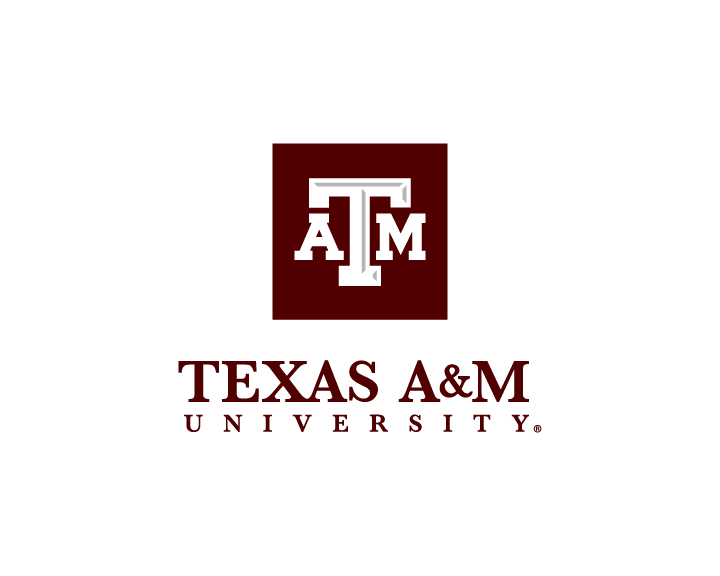Texas A&M: Texas A&M Hosts National Semiconductor Texas Workshop
Stakeholders from government, industry and academia gathered at the Texas A&M Hotel and Conference Center on Nov. 8 to discuss Texas’ evolving role as a leading developer and producer of semiconductor technologies.
The National Semiconductor Texas Workshop was held as part of Texas A&M University’s ongoing collaboration with business leaders and fellow institutions of higher education across the state to access funds and designations under the federal CHIPS and Science Act. Short for “Creating Helpful Incentives to Produce Semiconductors,” the CHIPS Act was signed into law by President Joe Biden on Aug. 9 as part of a broader federal effort to bolster development and manufacturing of cutting-edge semiconductors in the United States.
A class of materials used to control the transmission of electric current, semiconductors form the foundation of computers and other electronic devices, making them essential in nearly every area of the modern world, from communications to healthcare and defense.
Texas A&M Vice President for Research Jack G. Baldauf said he was pleased to be joined by the roughly 160 attendees at Tuesday’s workshop, calling them “the brightest minds and subject matter experts in Texas or around the world.”
“The CHIPS act represents a substantial commitment by the Biden-Harris administration and Congress to extend leadership to the United States in the semiconductor domain,” Bauldauf said. “The key driver for that is national economic security, along with providing the foundation upon which next-generation innovations are built.”
Texas A&M University System Chancellor John Sharp said collaboration will be key if state institutions are to fully capitalize on the opportunities created by this act and other recent federal legislation, which includes funding for the establishment of research centers and other facilities focused on improving every aspect of semiconductor technology and production.
“I want to thank Sen. Cornyn and Rep. McCaul for having the foresight to get this legislation passed — and your task, of course, is to make sure that Texas and the nation benefits from that,” Sharp said. “One of the things we’ve known for some time is that once we all can work together, we achieve amazing things.”
The event also featured a discussion between Texas A&M University President M. Katherine Banks and John E. Hurtado, interim vice chancellor and dean of Texas A&M Engineering. Banks emphasized that A&M’s strong programs in materials science and other related disciplines make it well-qualified to train the next generation of semiconductor experts and innovators.
“As home to one of the largest engineering programs in the country, we graduate highly-qualified engineers with expertise and a knowledge base in this area,” Banks said. “We also stand ready to assist by providing workforce training and certificate programs.”

